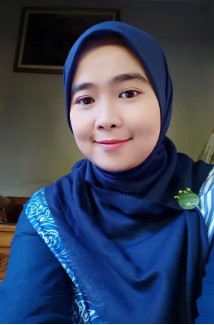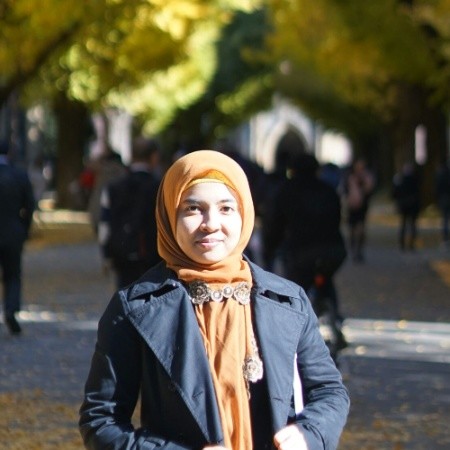QUALITY OF LIFE AND MENTAL HEALTH EDUCATION IN A RESIDENTIAL REHABILITATION SETTING IN ACEH, INDONESIA

Downloads
Introduction: In Indonesia, baseline data on quality of life (QoL) among rehabilitation residents are limited. This study aimed to assess the QoL of SUD residents at Rumoh Harapan Atjeh while providing a brief mental health education session.
Methods: Nineteen male residents (18–60 years) undergoing rehabilitation for methamphetamine or cannabis use participated voluntarily. A 60-minute group education session was delivered, followed by completion of the WHOQOL-BREF (Bahasa Indonesia version) assessing physical, psychological, social, and environmental domains. Scores were transformed to a 0–100 scale and categorized as low (41–60), moderate (61–80), or high (>80). Ethical approval was not required, as the activity was categorized as community engagement without intervention. Informed consent and confidentiality were maintained.
Results: Mean total QoL was 57.0 (low). Physical health scored highest (68.5, moderate), while psychological well-being (56.5), social relationships (58.5), and environment (54.5) remained low. All participants scored low in psychological and environmental domains, reflecting emotional distress and limited autonomy.
Conclusion: Baseline QoL assessment identifies critical psychosocial needs among SUD residents. Integrating routine QoL monitoring and targeted psychosocial support into rehabilitation programs can enhance holistic recovery. Findings are preliminary due to the small sample size and single-site setting.

This work is licensed under a Creative Commons Attribution 4.0 International License.
Authors who publish with Jurnal Pengabdian Masyarakat dalam Kesehatan agree to the following terms:
The journal allows the author to hold the copyright of the article without restrictions.
The journal allows the author(s) to retain publishing rights without restrictions
The legal formal aspect of journal publication accessibility refers to Creative Commons Attribution (CC BY).
Authors retain copyright and grant Jurnal Pengabdian Masyarakat dalam Kesehatan the right of first publication with the work simultaneously licensed under a Creative Commons Attribution 4.0 International License that allows others to remix, adapt and build upon the work with an acknowledgment of the work's authorship and of the initial publication in Jurnal Pengabdian Masyarakat dalam Kesehatan.
- Authors are permitted to copy and redistribute the journal's published version of the work (e.g., post it to an institutional repository or publish it in a book), with an acknowledgment of its initial publication in Jurnal Pengabdian Masyarakat dalam Kesehatan.
Jurnal Pengabdian Masyarakat dalam Kesehatan requires a formal written declaration and transfer of copyright from the author(s) for each article published. We, therefore, ask you to complete and return this form, retaining a copy for your own records. Your cooperation is essential and appreciated. Any delay will result in a delay in publication.

JPMK by Unair is licensed under a Creative Commons Attribution 4.0 International License.










